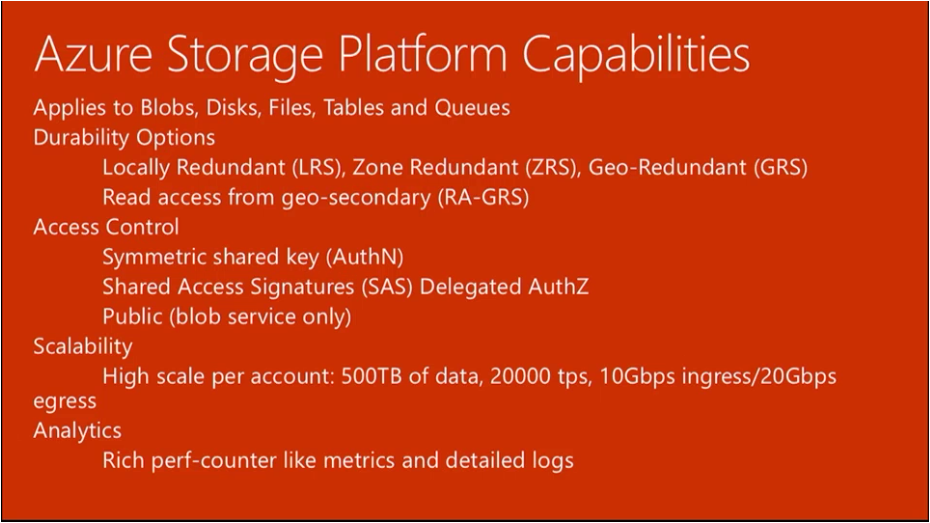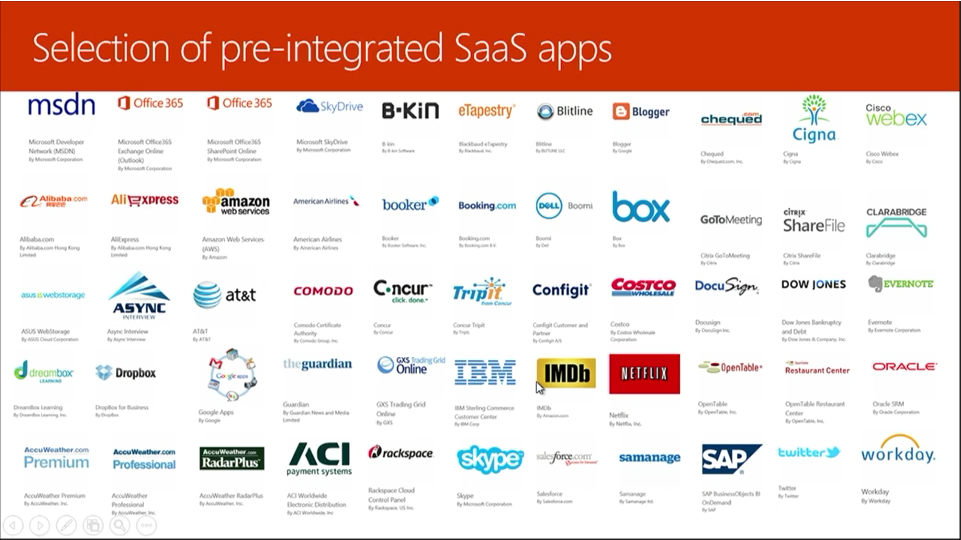Azure IaaS stands for "Azure Infrastructure as a Service." It is a cloud computing service provided by Microsoft Azure that allows businesses and organizations to deploy and manage virtual machines (VMs) in the cloud. With Azure IaaS, you can create and manage virtualized computing resources without the need to invest in and maintain physical hardware.
Key features of Azure IaaS include:
1. Virtual Machines (VMs): Azure IaaS enables you to create and manage virtual machines running Windows or Linux operating systems. These VMs function just like traditional on-premises servers, but they are hosted in the Azure cloud.
2. Storage: Azure provides various storage options for VMs, including managed disks, virtual hard disks (VHDs), and Azure Blob storage, allowing you to store and manage data for your VMs.
3. Networking: Azure IaaS offers robust networking capabilities, allowing you to set up virtual networks, subnets, load balancers, and virtual private networks (VPNs) to connect your VMs securely.
4. Security: Azure provides built-in security features, such as network security groups (NSGs) and Azure Firewall, to control traffic and secure access to your VMs.
5. Scalability: With Azure IaaS, you can easily scale your VM resources up or down based on demand, allowing you to optimize performance and cost.
6. High Availability: Azure offers availability sets and availability zones to ensure high availability and fault tolerance for your VMs and applications.
7. Monitoring and Management: Azure provides various tools and services for monitoring the performance and health of your VMs, including Azure Monitor and Azure Log Analytics.
8. Hybrid Connectivity: Azure IaaS allows you to extend your on-premises data center to the cloud through features like Azure Virtual Network and Azure ExpressRoute.
Using Azure IaaS, organizations can quickly deploy new virtual machines, easily migrate existing workloads to the cloud, and take advantage of the flexibility and scalability of cloud computing without the need to manage physical hardware.
It's worth noting that alongside Azure IaaS, Microsoft Azure also provides other cloud service models, including Platform as a Service (PaaS) and Software as a Service (SaaS), which offer higher levels of abstraction and further simplify application development and management.

















No comments:
Post a Comment